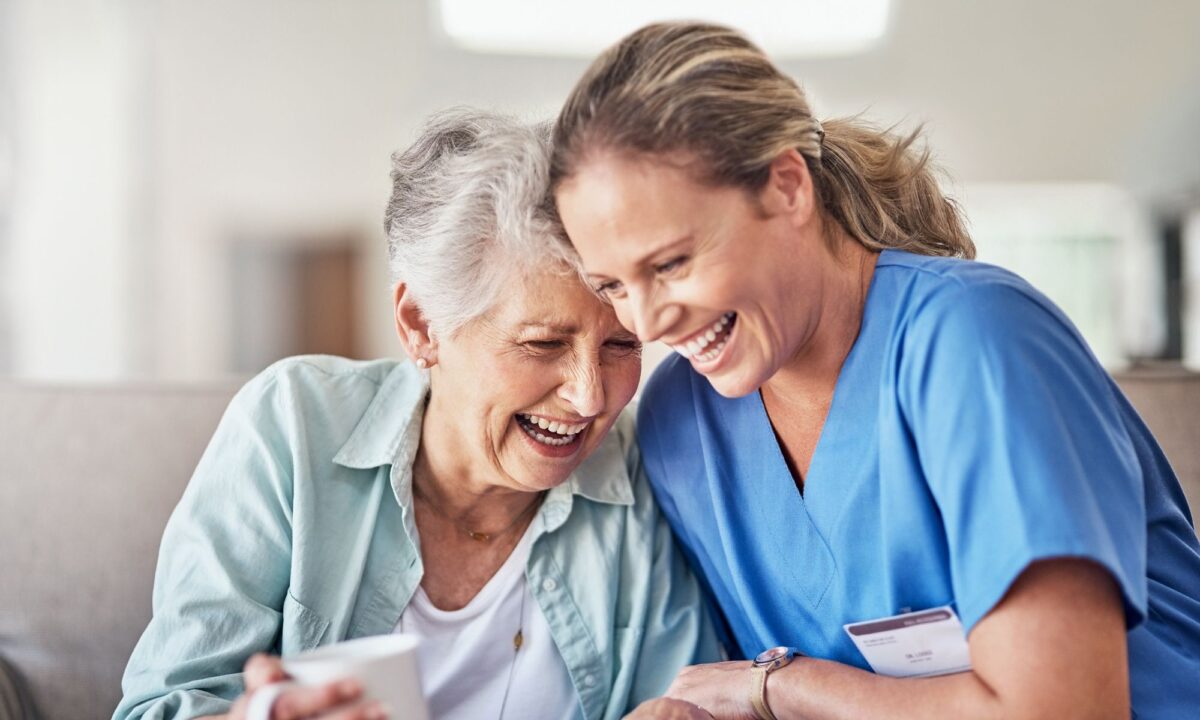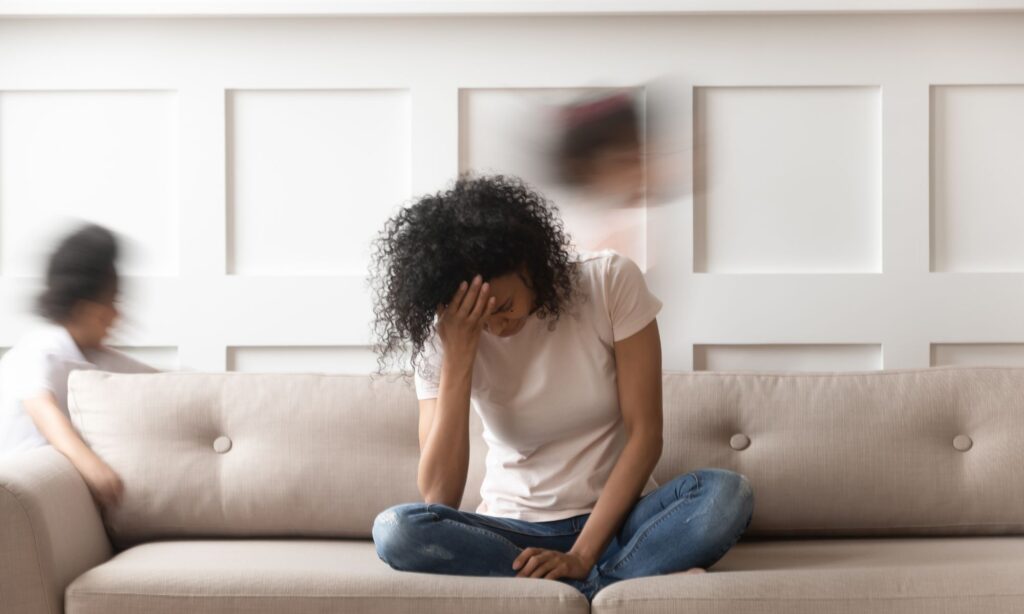
5 Signs Your Loved One Needs Professional Home Health Care
Caring for an aging loved one is an emotional journey filled with difficult decisions. One of the hardest choices is knowing when to bring in professional home health care. You might feel guilty or uncertain about letting a stranger care for your loved one, but ignoring the warning signs can put both of you at risk.
Why Caregivers Feel Mixed Emotions About Hiring Professional Caregivers
The hesitation to hire professional caregivers often stems from the emotional and psychological complexities of caregiving. Many family caregivers experience mixed emotions due to:
- Privacy: Caregiving is an intimate job that exposes a stranger to a family’s personal space. It’s natural to feel hesitant about allowing a stranger into your home, especially when it involves caring for a vulnerable loved one. As human as we are, we always wanted to be safe, especially when it comes to our loved ones.
- Internalized guilt: Family caregivers often juggle two demanding roles simultaneously. One role is providing care, while the other is being a loving family member—often amid exhaustion.Many caregivers internalize feelings of guilt, sometimes triggered by comments from their loved ones.
- ‘Feels unfair’: Some family caregivers develop deep empathy for their loved one. Delegating caregiving may bring them relief, but they feel guilty knowing their loved one won’t experience the same comfort.
So how do you know when to hire professional home health care? Here are five undeniable signs that your loved one needs professional support—before it’s too late.
5 Signs It’s Time to Consider Professional Home Health Care
While it’s difficult to entrust your loved one’s care to someone new, recognizing these warning signs can help you make decisions that ultimately improve quality of life for both of you.
#1 Their Daily Needs Are No Longer Met
If you’re balancing work and caregiving and notice that basic tasks like bathing, dressing, cooking, and taking medications are consistently neglected, it’s time to consider professional help. These tasks can become increasingly overwhelming as a loved one ages.
If you’re noticing glaring signs of malnutrition, frequent missed medications, or poor hygiene, that’s a sign to get some immediate help. A professional caregiver can ensure your loved one’s daily needs are met while maintaining their dignity and independence.
For family caregivers, hiring help provides peace of mind, knowing your loved one’s needs are met and someone is there in case of an emergency.
#2 Increased Memory Lapses or Confusion
A little forgetfulness is normal with aging. However, frequent memory lapses, getting lost in familiar places, or forgetting important information (like names or appointments) could signal cognitive decline.
If you suspect your loved one may have dementia or Alzheimer’s, professional care isn’t just helpful—it’s essential for their safety. As for you, you’ll have some sense of peace knowing your loved one won’t hurt themselves or you get suddenly or frequently called at work for emergencies.
#3 They’ve Had One Too Many Falls or Accidents
A fall might seem minor, but for seniors, even a small accident can lead to serious injuries, hospitalization, or long-term health complications. If your loved one has experienced multiple falls, difficulty walking, or an overall decline in mobility, home care can help you prevent further emergencies and monitor your loved one.
#4 Your Own Health and Well-being Are Declining

Let’s be real: caregiving is exhausting. If you’re experiencing caregiver burnout, stress, or physical strain, your loved one isn’t the only one at risk—you are, too. If your loved one’s condition is worsening and they require more care than you can provide, you run the risk of burnout.
You can’t pour from an empty cup. Bringing in home health care services can provide much-needed relief and prevent you from sacrificing your own well-being.
#5 They’re Showing Signs of Depression, Loneliness, or Isolation

Receiving a diagnosis or losing the ability to live independently can take an emotional toll on anyone. If your loved one shows signs of anxiety or depression, they’ll benefit from regular companionship. This is especially important when you’re balancing caregiving with work responsibilities.
Emotional health matters just as much as physical health. If your loved one shows any of the following signs, it’s best to consider asking for help:
- Withdrawing from social activities
- Frequently isolates themselves
- Expressing a loss of purpose
While patients in emotional distress require family support, professional caregivers can provide companionship and emotional support that family alone may not be able to offer. If you, as a caregiver, are also struggling with depression or anxiety, professional home health care can provide much-needed support.
Making the Transition to Professional Care with Essential Wellness
Recognizing the signs of needing extra help is the first step. The next? Taking action. If you’re seeing one or more of these warning signs, start by:
- Having an honest conversation with your loved one about their needs and concerns.
- Exploring different home health care services to find the best fit.
- Seeking guidance from professionals like geriatric care managers or home health care providers.
Don’t wait until a crisis makes the decision for you. Essential Wellness is a home health service provider in South Florida. We help families support their loved ones through our services below:
- Personal Support (Daily living support)
- Life Skills (Companionship)
- Respite Care / Skilled Respite
- Analysis and Behavior Assistant services (ABA)
- Nursing
- Private Duty Nurse
- Skilled Nurse
- Residential Nurse
- Therapy
- Speech Therapy
- Occupational Therapy
- Physical Therapy
- Homemaker & Companion
- Specialized Mental Health
Get a FREE consultation with our team to know the best options for you.
The right care at the right time can improve quality of life—not just for your loved one, but for you too.

